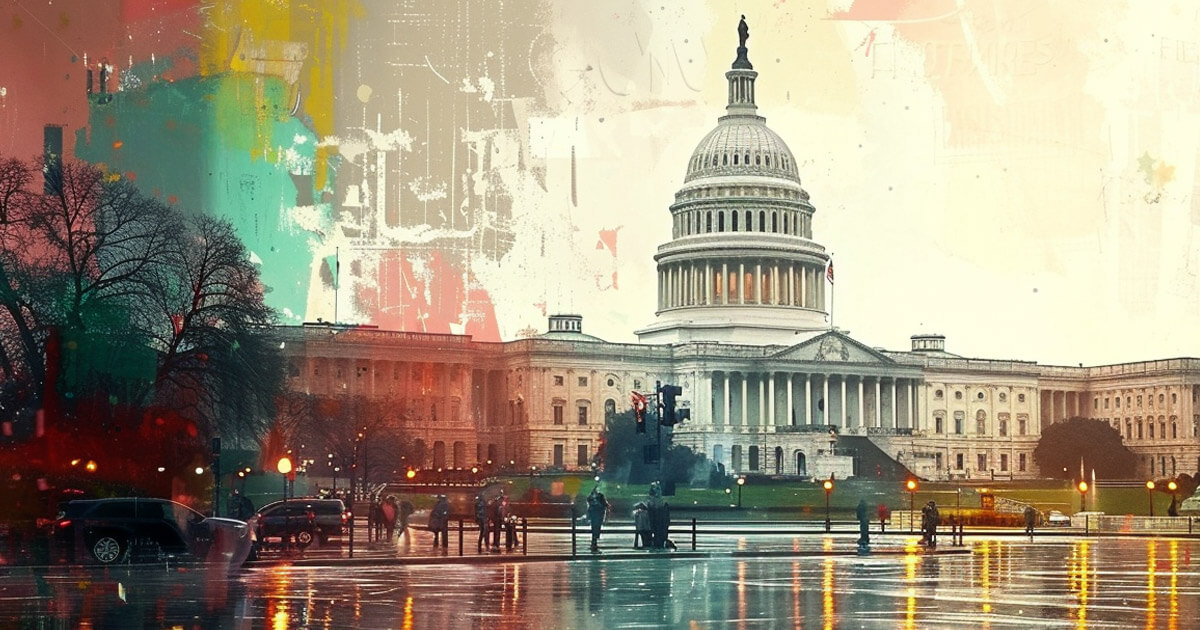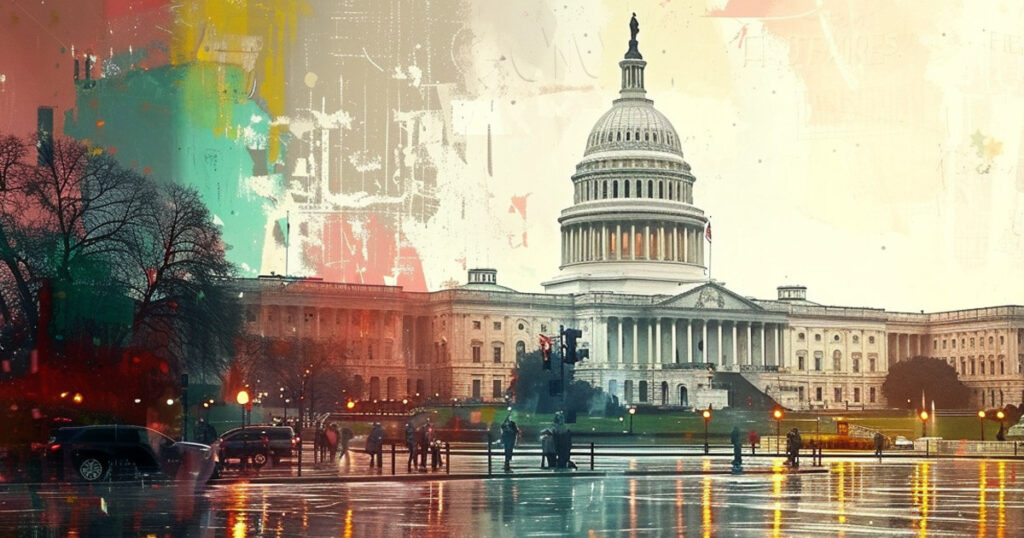
Representative French Hill announced plans to intensify investigations into regulators’ alleged efforts to cut off crypto firms from banking services, citing concerns from industry leaders and recent public statements from Marc Andreessen, co-founder of a16z.
Hill, who is seeking to lead the House Financial Services Committee next year, raised his concerns during a Dec. 3 hearing on financial technology that featured testimony from several prominent industry leaders.
Hill said:
“Legal firms in this country must have access to banking and financial services. This committee will thoroughly investigate these issues in the next Congress.”
Operation Chokepoint 2.0
Andreessen recently appeared on the Joe Rogan podcast and discussed federal authorities allegedly pressuring banks to close accounts related to crypto and other industries.
The claim has reignited concerns about ‘Operation Choke Point 2.0’, a phrase used to describe suspected attempts to restrict access to banks for certain sectors. The original Operation Choke Point was a Department of Justice initiative launched in 2013 to restrict financial services for sectors considered high fraud risk, such as money lenders.
Executives from the Stellar Development Foundation and Anchorage Digital testified at the hearing that their companies were affected. Stellar CEO Denelle Dixon described the challenges of maintaining banking relationships.
She said:
“We had to contact ten different banks, but no reason was given for the rejections.”
Congressional dynamics and policy
Hill’s comments come at a time when the leadership of the House Financial Services Committee is about to change. Current Chairman Patrick McHenry, R-N.C., is retiring, and Hill and other pro-crypto Republicans are in the running to take over the position.
With newly elected President Donald Trump promising to end regulatory efforts similar to Operation Choke Point, the coming year could mark a shift in how Congress approaches crypto and financial access.
The Federal Deposit Insurance Corporation (FDIC) noted in a 2024 report that banking institutions are not excluded from serving specific industries. However, Hill and other lawmakers have raised questions about whether such policies are uniformly enforced.
The hearing also addressed the ongoing debate over stablecoin regulation, with lawmakers questioning how much oversight should be delegated to state regulators. Hill expressed optimism about advancing crypto-related legislation despite time constraints.
He said:
“We have made significant progress and I believe we can reach a consensus.”
Meanwhile, Rep. Maxine Waters, D-Calif., who has been working with McHenry on a bipartisan stablecoin framework, expressed hope that an agreement could be reached before the end of the year. However, she acknowledged the challenges posed by a packed legislative calendar.
Waters said:
“I have always appreciated Mr. McHenry’s efforts to find common ground. Hopefully we can see meaningful progress before the new Congress begins.”

